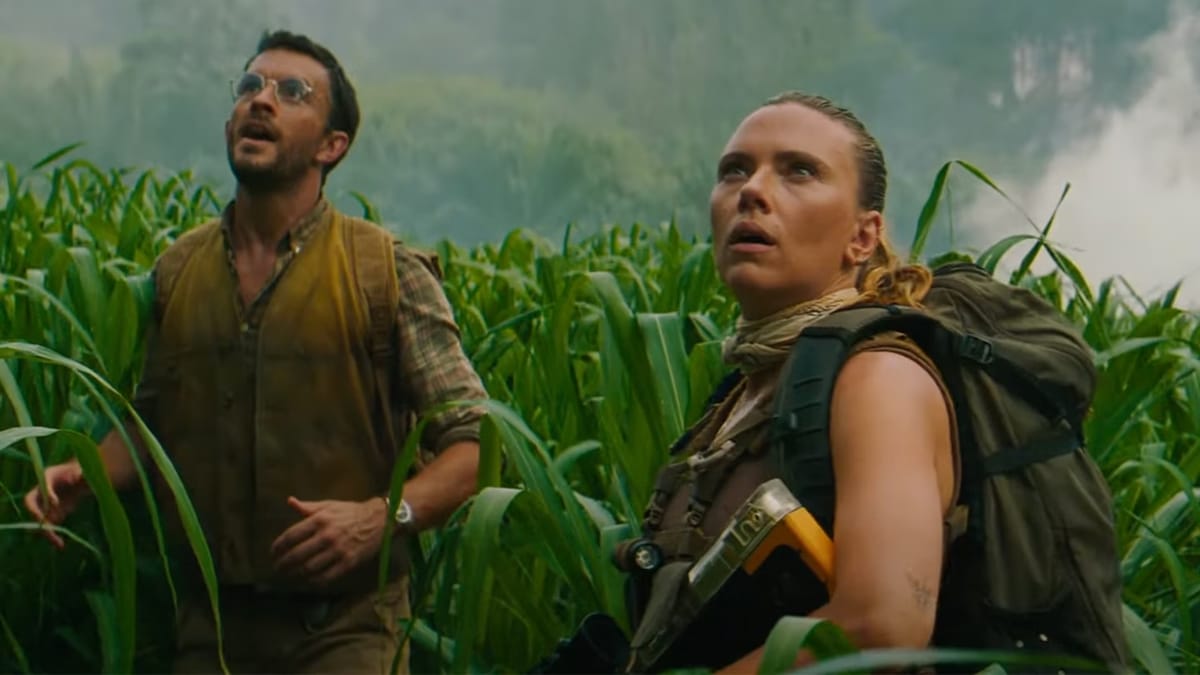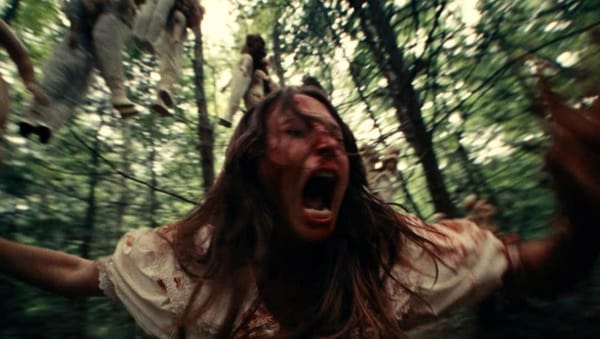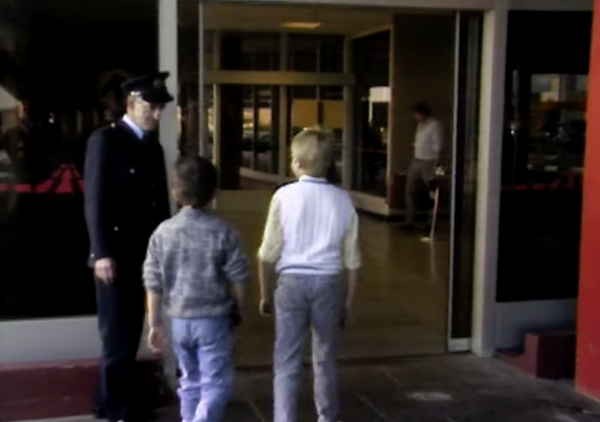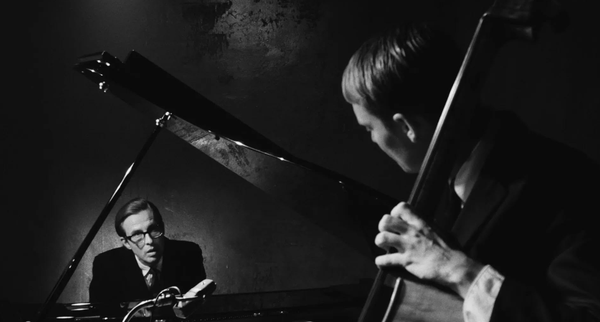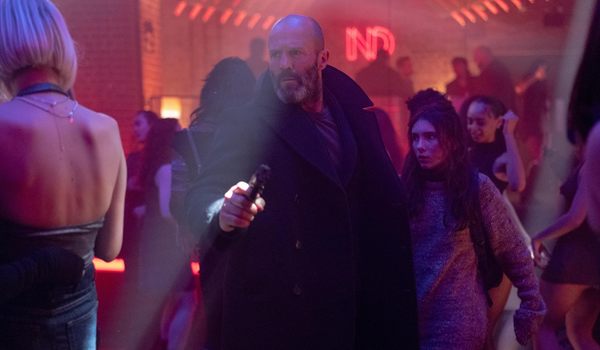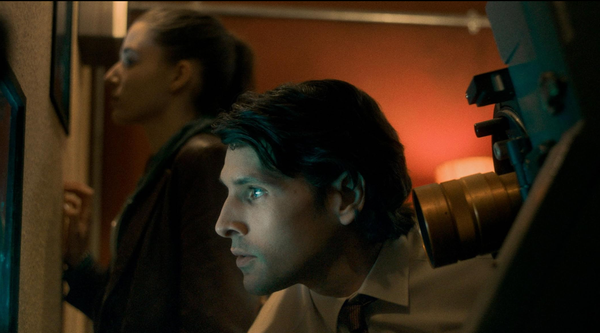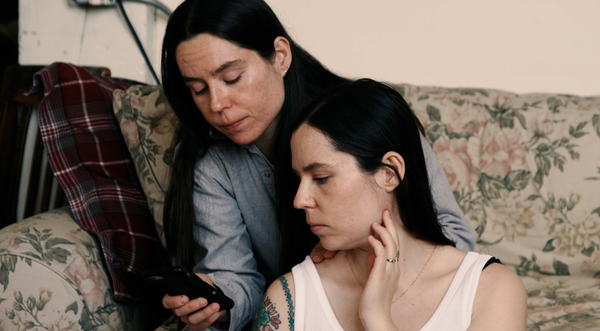Liam Hanlon walks with dinosaurs.
With the opportunity of a blank slate, original Jurassic Park co-screenwriter David Koepp was tasked with devising a new, seemingly standalone, Jurassic World film. Koepp, opting not to retcon previous Jurassic events, and alongside visionary director Gareth Edwards, brings us the seventh instalment in the franchise with Jurassic World Rebirth.
Jurassic World: Fallen Kingdom and Jurassic World Dominion introduced a global co-existence between dinosaurs and humans. Now in a “neo-Jurassic” age in Jurassic World Rebirth, dinosaurs are again suffering an extinction crisis, and remaining dinosaur species survive in equatorial regions in environments and climates closely replicating those 65 million years ago. As per Jurassic films, capitalism views dinosaurs as money-making assets. On this occasion, pharma bigwig Martin Krebs (Rupert Friend) funds a mission to attain DNA samples from the three largest air, land and sea dinosaur species native to Ile Saint-Hubert, an abandoned InGen research facility specialising in dinosaur genetic mutations. Alongside mission specialists Zora Bennett (Scarlett Johansson), Duncan Kincaid (Mahershala Ali), and paleontologist Henry Loomis (Jonathan Bailey), Krebs seeks these samples to spearhead a pharmaceutical breakthrough which could prevent human heart disease. However, the mission is interrupted when Duncan answers a mayday call, and with four more people joining the group, the mission descends into one of survival as they encounter the island’s inhabitants.
Rebirth as a title is apt considering how tangled the Jurassic franchise has become since Jurassic Park. With carte blanche, Koepp provides a relatively simple plot with plenty of action and suspense akin to Jurassic Park. On a production level, Gareth Edwards is adept at forefronting bigscale productions and you can see his technical flair shining through here and how he has progressed since 2010’s Monsters. Cinematographer John Mathieson (Gladiator, Logan) is acquainted with these productions and the use of film here is exemplary in creating a visceral environment for cinemagoers. Alexandre Desplat’s score concurrently looks backwards and forwards with music utilising John Williams motifs and his own flair. The fresh cast are impressive and the fan service is non-existent apart from one Dr. Alan Grant namedrop. The blank slate rights many wrongs.
These positives cannot prevent a hiccup-free regeneration (much like the film’s dino mutations), unfortunately. Dinosaur enthusiasts will be content with the dinosaur appearances; although, quantity over quality is one negative aspect here. Velociraptors, a primary Jurassic Park antagonist, make way for Mutadons, essentially a bat and velociraptor hybrid. With one mutated creature dominating in the third act, the Distortus Rex, ‘normal’ velociraptors would have been far more effective and scary. The rescued family group is unnecessary as they add nothing except for instigating some action sequences. However, David Koepp manages to include a thrilling T-Rex sequence lifted from Michael Crichton’s original novel that was omitted from the 1993 film. The product placement is irritatingly jarring and there are pacing issues with a slow first act and a rushed climax.
Yet, the film’s strength lies in how it disassociates itself from previous Jurassic World films. Rebirth shares the DNA of the original trilogy and is more aligned with both the mise-en-scene and plot of Jurassic Park III; albeit to greater effect. Colin Trevorrow wrote the Jurassic World trilogy and should bear responsibility for the franchise’s narrative regression. Although, he did mention how narratively difficult it is for Jurassic films to return to islands and it explains his decision to bring dinosaurs to humans but it does not explain Jurassic World Dominion’s bizarre focus on locusts.
On the basis of Jurassic World Rebirth, it is a welcome return to an island and Gareth Edwards has helmed a production seeking reinvigoration and, for the most part, they have achieved it. The Jurassic franchise is alive again.
In cinemas from 2nd July 2025

